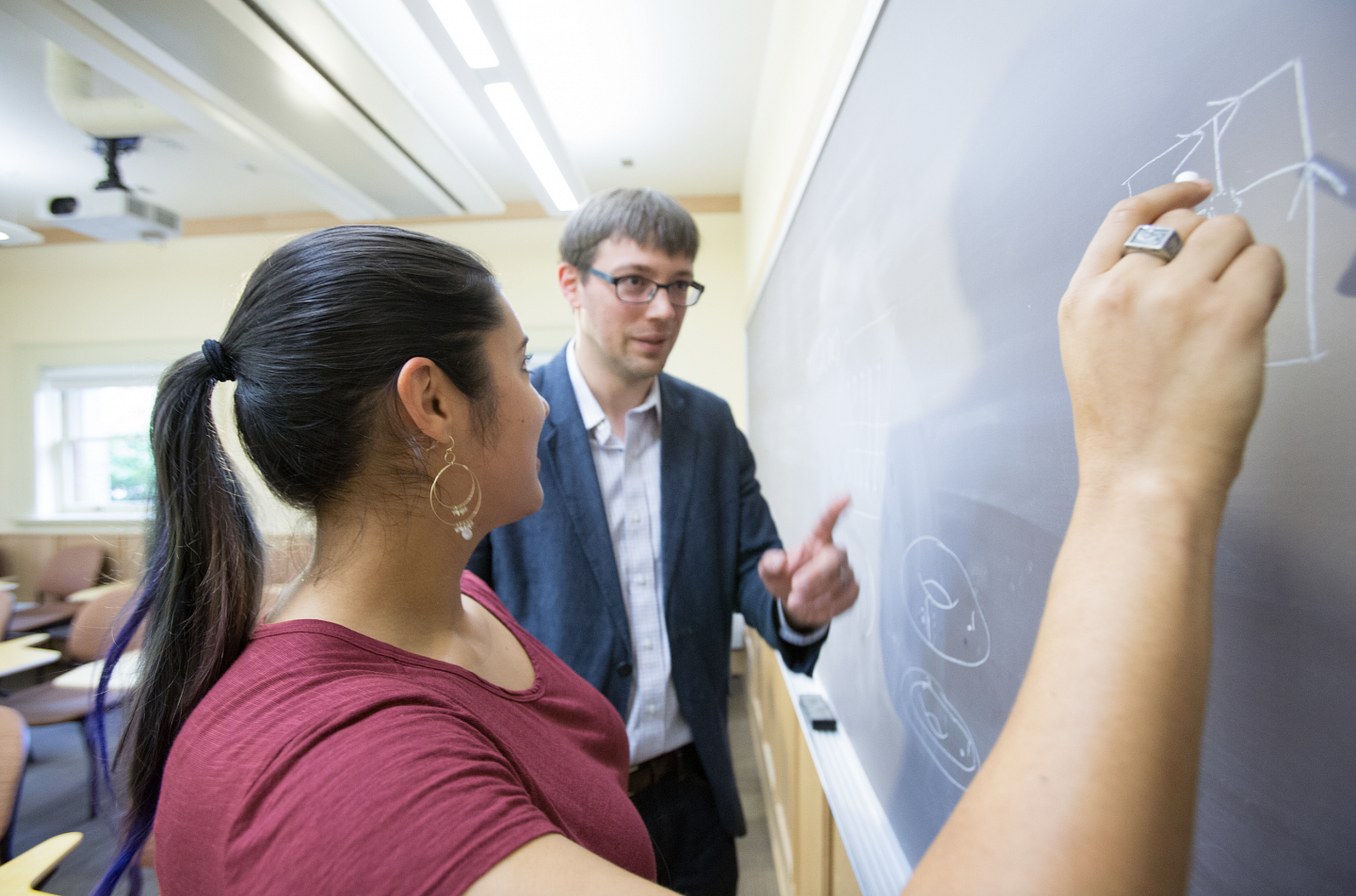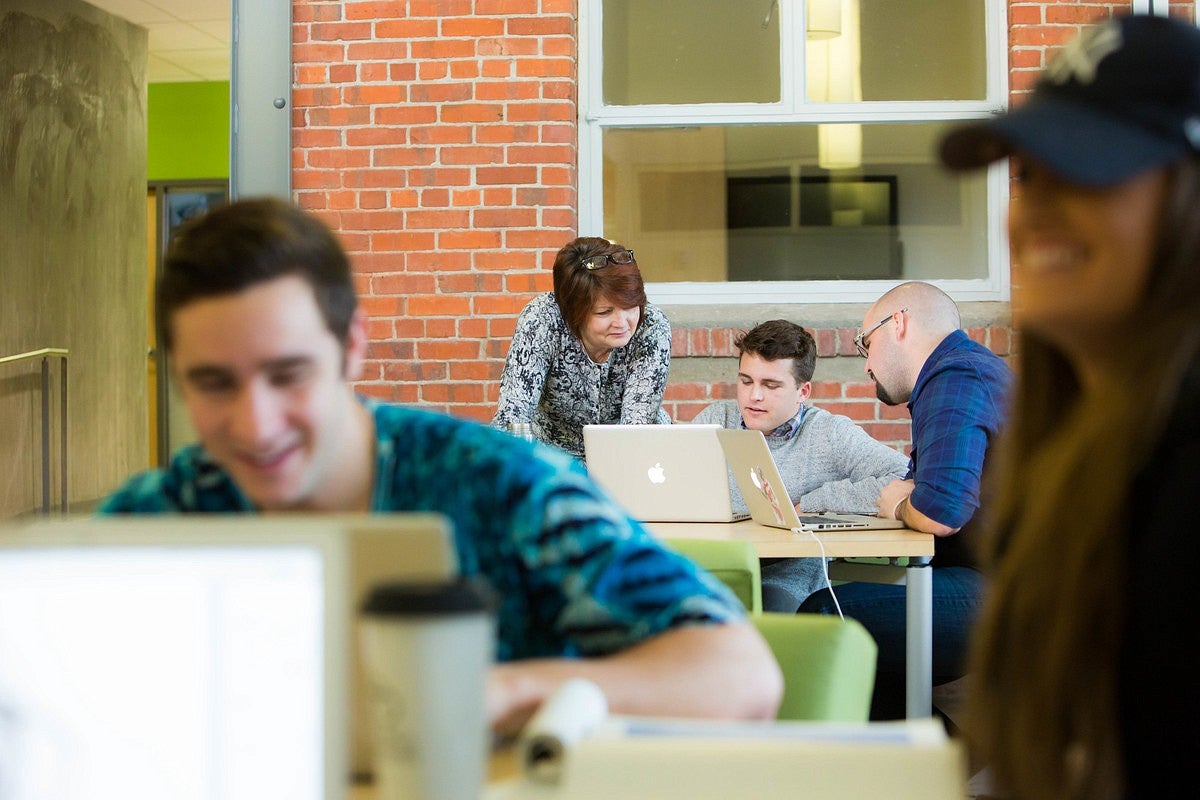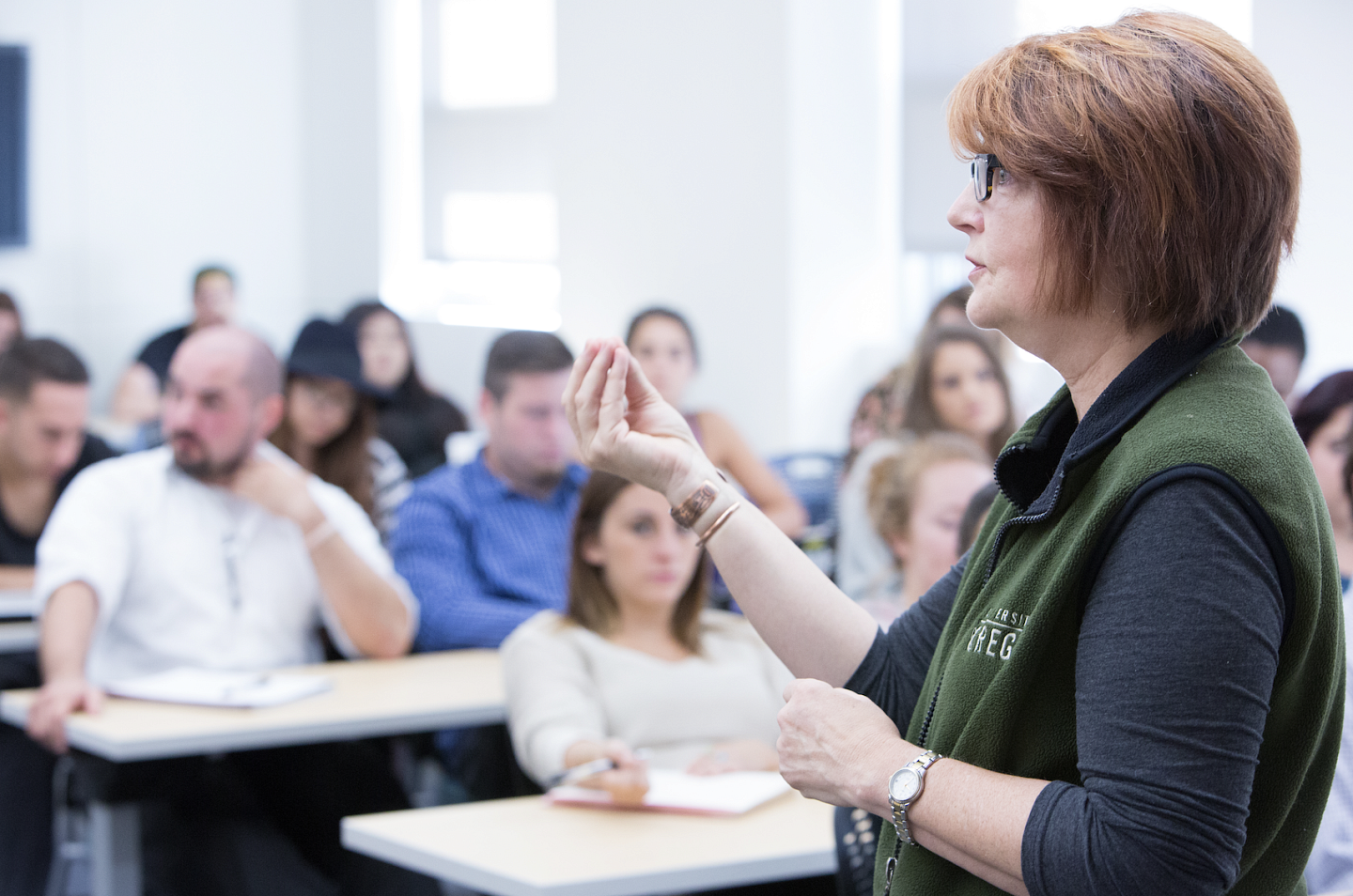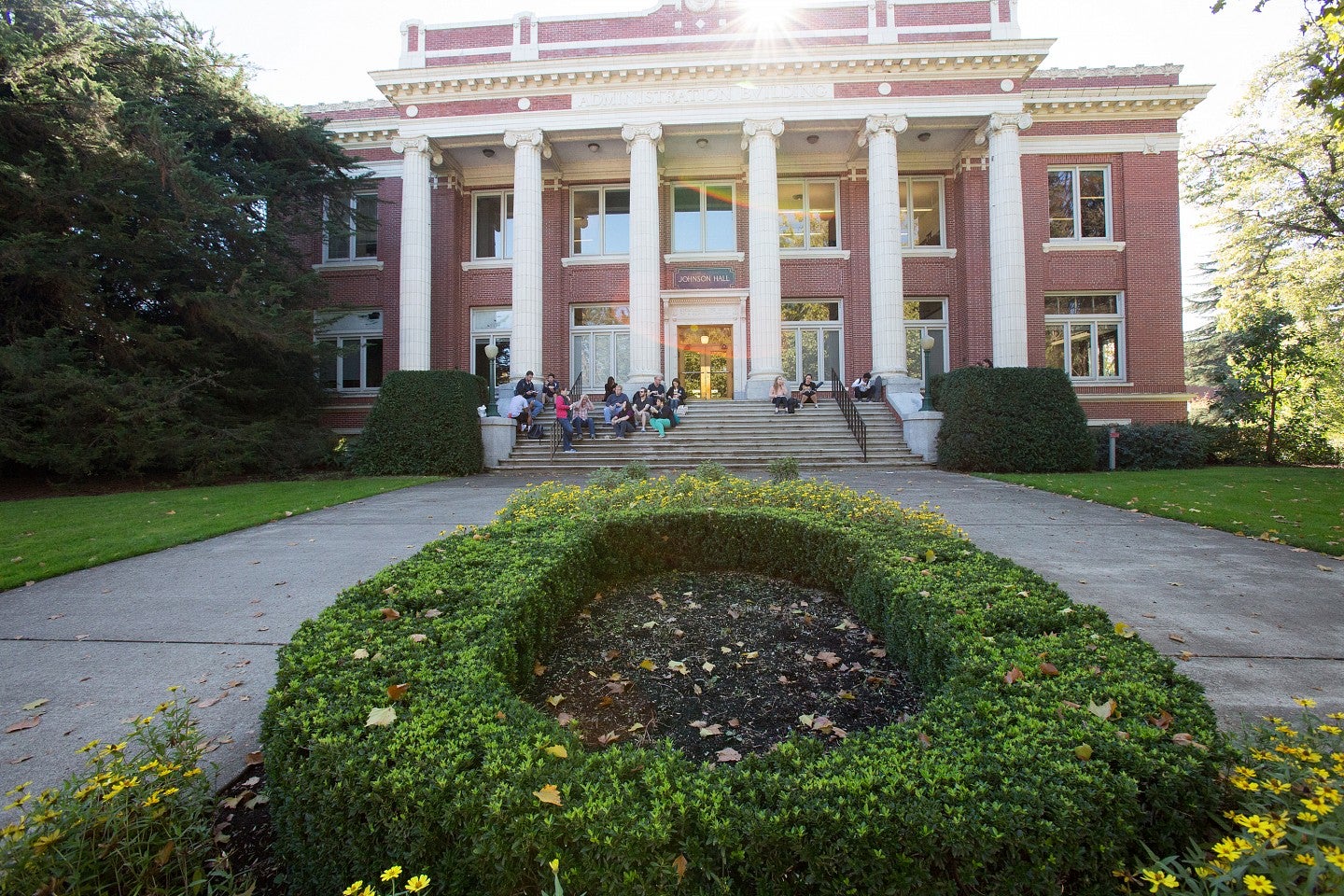Academic Data Analytics
Driving student, faculty, and staff success by putting data into the hands of higher education leaders. Simultaneously, making this data and our methods easily accessible through guides, templates, and dashboards.

The Academic Data Analytics (ADA) unit is designed to provide data-driven decision-making into the hands of stakeholders at the University of Oregon, while building a body of research that can be generalized to other higher education institutions. The unit emphasizes research on student and faculty success in a variety of research areas and technical methods.
We envision the unit as one that pushes the boundaries of what is possible in higher education research, through the exploration of machine learning and other advanced methods of analysis. The goal is to use these techniques to more efficiently distribute resources (in predicting student success), determining what the main issues are (in using text analytics), and to uncover any issues that are a hindrance to student success (in focusing on a specific subgroup of students or their paths to graduation).

Equity and inclusion are at the core of the ADA’s work. Our projects seek to uplift student voices, connect students with support, and identify biases in faculty evaluation materials and institutional practices that aren’t serving the most vulnerable. We apply an equity lens throughout the research process, including attributes like race, gender, and financial aid status when appropriate.
ADA’s text analytics work uses both state-of-the-art algorithms, which are efficient and objective, and input from human subject matter experts to ensure the results are presented accurately and fairly. When disseminating our findings to students, instructors and staff impacted by those findings, we work to identify the limitations of our analyses and seek input to make sure we represent the perspectives of our diverse community.
Whenever feasible, predictive models are optimized to actively combat historical inequities, not just disregard them. Predictions are only shared once they are deemed free from algorithmic bias and unfairness. To support diverse predictive modeling initiatives, we seek input from not just subject matter experts but also those with lived experience to understand the issues of equity as they manifest. Insight into the process of quantifying and mitigating bias is included in the methodology of each analysis.
Our Process
Our aim is to have research products that are actionable, rapidly produced, and in formats that are easy to use for university stakeholders and higher education researchers alike. The unit will focus on four main technical areas:
Our Research

Understanding Transfer Students
One in five undergraduate students transfer into the University of Oregon and are comprised of community college students (with and without associate degrees), as well as four-year college transfers from both within and outside the state of Oregon. This heterogenous group deserves an in-depth exploration as to who these students are, what their aspirations look like, and how they explore and navigate their way towards a bachelor’s degree. The insights gathered from this line of research will not only benefit transfer students but also support first-time students entering the university with transfer credits.

Predicting Student Success
How accurately can we predict second-term persistence for incoming students before they matriculate? The ability to forecast which students may need additional support can help allocate advising resources more efficiently from day one, improving outcomes for potentially vulnerable students. Using cutting-edge machine learning tools, we are developing a model to generate these predictions and ensure that they are fair and transparent, combatting historical inequities in student success. We hope that these predictions can improve outcomes at the University of Oregon, and we hope that sharing our tools and processes can help other institutions do the same.

Our Practitioner Guides summarize student perspectives on specific teaching practices using machine learning techniques and provide instructors with recommendations to better support student learning. The UO Student Experience Surveys produce over 100,000 student comments each year about student learning experiences. The Practitioner Guides make the information in these surveys accessible to faculty and administrators by summarizing student perspectives on specific teaching practices and providing instructors with recommendations to better support student learning. Understand our technical methods and download our code.
VIEW GUIDES
► Inclusiveness
► Accessibility
► Support
► Instructor Dashboard
► Data Dashboards

